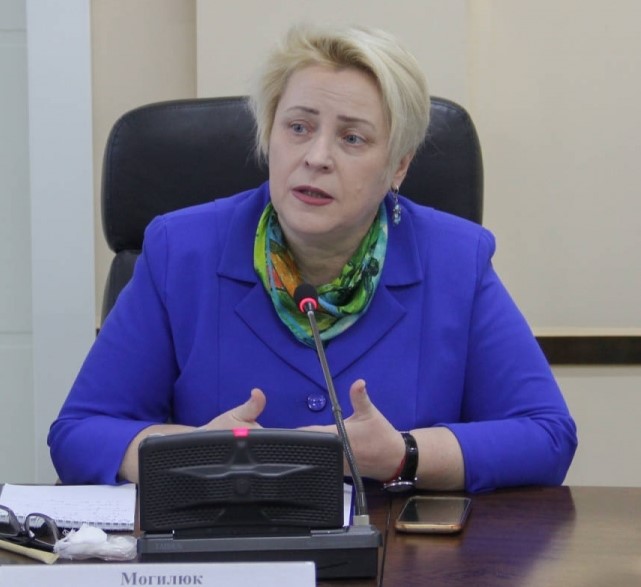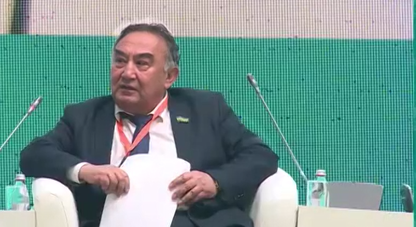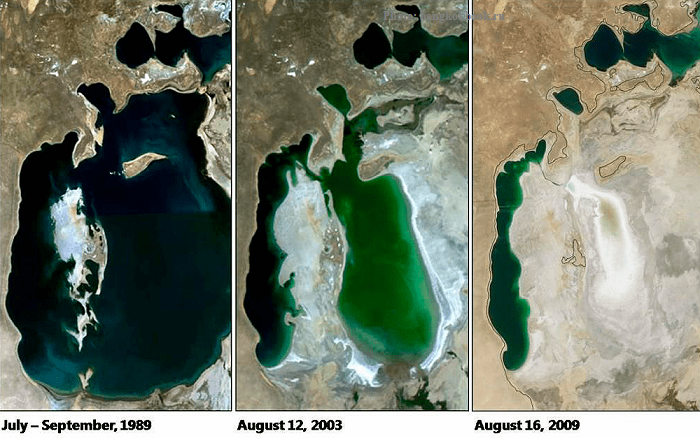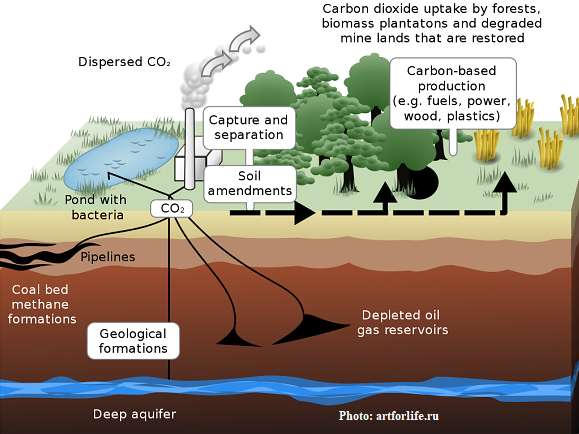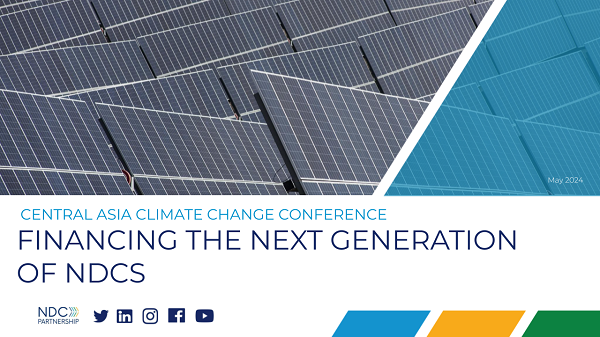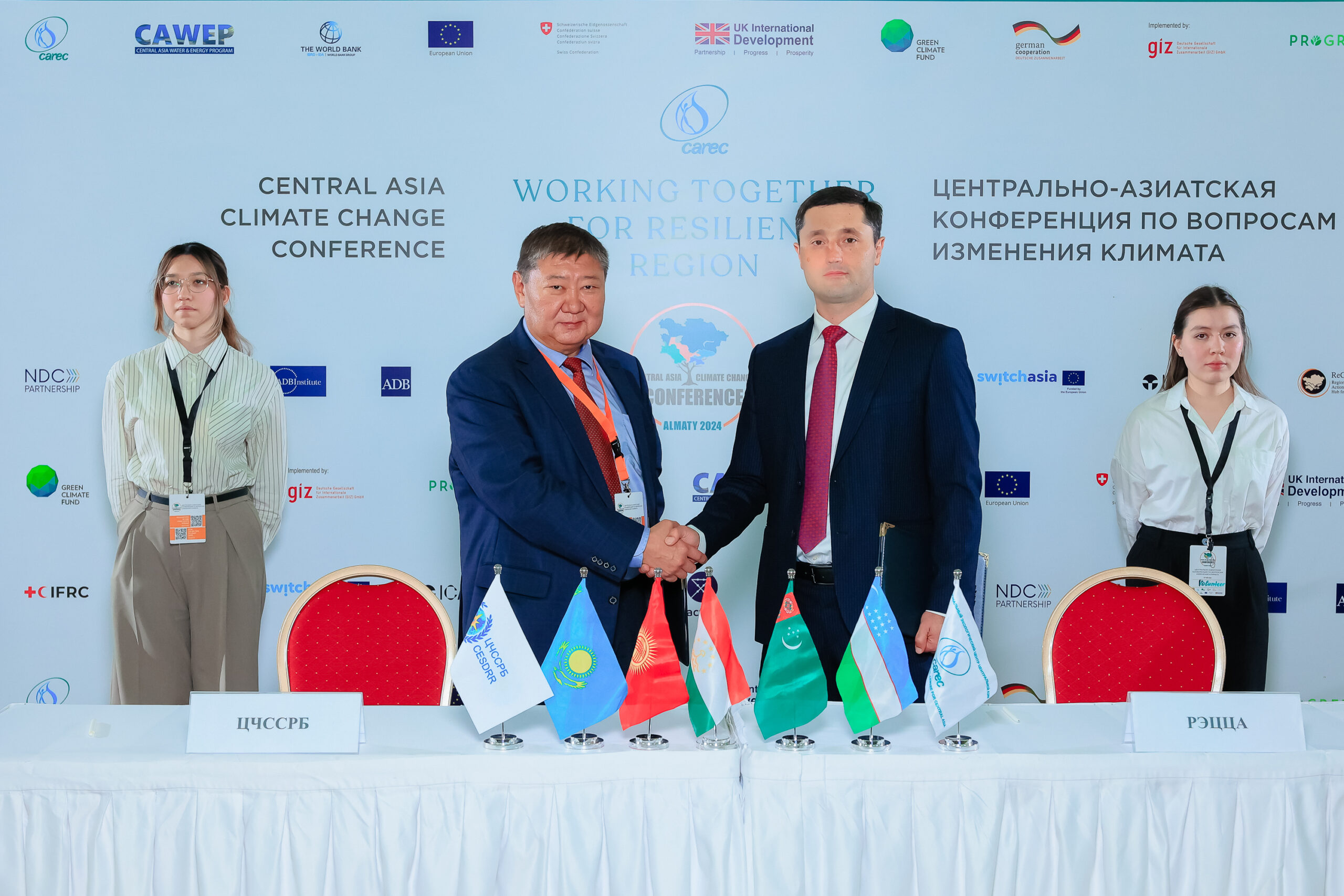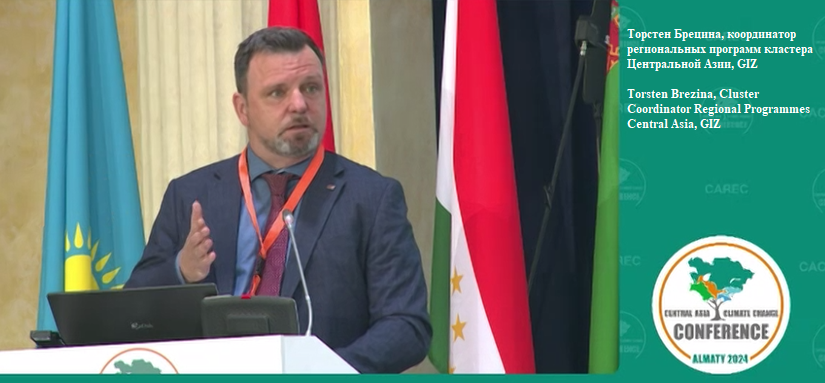Chief Operations Officer at SCiO Panagiotis Zervas shared his vision for an Al-enabled CACIP at the CACCC-2024 Panel Session “The Climate Adaptation and Mitigation Program for Aral Sea Basin (CAMP4ASB): Achievements, Lessons Learned, and Future Directions”. “With the proposed implementation, CACIP will offer its users enhanced capabilities, including automated analysis of content (Le. project summaries) …


